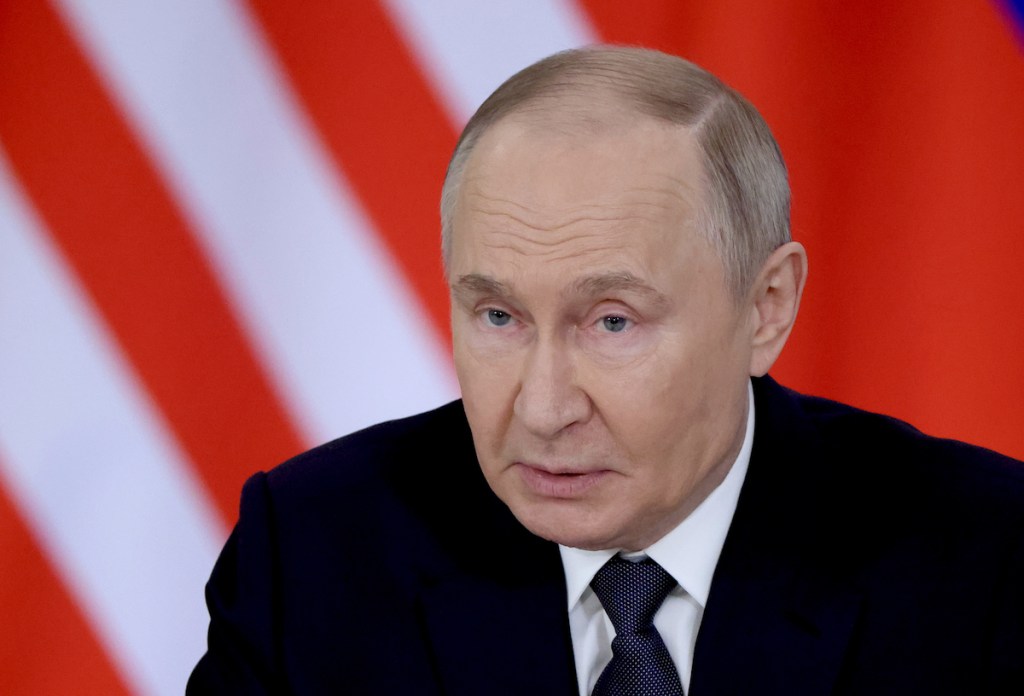A spell has been cast. Three children – Dominic McLaughlin, Alastair Stout and Arabella Stanton – have magically gone from obscurity to global fame, after HBO announced that they will be playing Harry, Ron and Hermione in the new Harry Potter series. HBO released a photograph of the trio, kneeling in the grass looking earnest, expectant, enthusiastic – and very, very, young. My first thought? Good luck to them, they’re going to need it.
The fact that HBO felt the need to immediately disable the comments underneath its Instagram post shows the scale of pre-emptive scrutiny the project is under. The series itself is a huge risk, and with many wondering how they plan to re-introduce the wizarding world to a new audience when the old one is still very much present.
To call Harry Potter a franchise or fandom is an understatement. It is a cultural juggernaut: seven books, eight movies, three spin-off films, over a dozen video games, several amusement parks, and endless iterations of fan fiction. It is also one that inspires quasi-religious devotion from magic-loving millennials. Grown adults make pilgrimages to Kings Cross to count down to the announcement of the arrival of the Hogwarts Express; school trips descend on the Warner Bros studios for the teachers’ enjoyment as much as the students’; and in Oxford, where I live, there are, unbelievably, four Harry Potter shops in about a 100m radius.
Inevitably, people are going to have opinions. These three kids are already TikTok and Twitter fodder, their suitability for these sacrosanct roles discussed, debated and dissected by anyone with a keyboard. How do you possibly prepare them for what’s to come?
It is nothing short of a modern-day miracle that the original trio did not succumb to the usual perils of young stardom, and become yet another cautionary tale of the dangers of growing up too fast, too soon. Daniel Radcliffe has admitted to struggling with alcohol abuse, but he has been sober since 2010 and gone on to have an interesting and varied career post-Potter, with many praising his stage performances in Equus and Merrily We Roll Along. Emma Watson has successfully combined acting with activism and academia. Rupert Grint, who has perhaps kept the lowest profile, seems happily married (to fellow child actor Georgia Groome) and has two children.
The fact that these superstars have remained relatively well-adjusted will be partly down to supportive family networks. It will also have helped that the cast were insulated by a safe culture on set for over a decade, rather than thrown out into the wilderness after one smash-hit. Chris Columbus, director of the first two instalments, said that straightaway they recognised ‘a need to protect these kids against what can eventually go wrong if you star in a film of this magnitude’.
More importantly however, the Harry Potter films preceded social media. Child stars have always been subject to the most vile abuse – Matilda actress Mara Wilson has spoken about how her parents and agents would screen her fan mail first, shielding her from harassment, letters from ‘creepy old men’ and even rape fantasies. Now though the worst possible things child actors could read about themselves may only be a click, comment or Google search away.
These three kids are already TikTok and Twitter fodder
I worry most for Arabella Stanton. Even though she has the most formal acting experience (she has starred in two West End musicals, whereas Alastair Stout’s only time in the public eye is an advert for Jersey Royal potatoes), her ethnicity is already the source of frenzied debate on social media. Many have wondered how this might affect certain storylines – for example, Harry and Ron making fun of her hair or mocking her attempts to free house-elves from slavery, or the fact that Hermione is a ‘mud-blood’ – but it must be pretty disheartening to see a life-changing opportunity dismissed by so many as a DEI hire.
HBO’s decision to cast Paapa Essiedu as Snape provoked similar outrage from Harry Potter purists, who questioned why they had chosen a black actor to play someone infamously ‘sallow’, ‘pale’ and ‘ghostly’. Again, people have also speculated about potential narrative complications: events like James Potter and his friends bullying a young Snape, students making fun of Snape’s nose, or Snape being passed up for the role of the defence against the dark arts teacher could all now have a racial undertone.
Essiedu is an adult though, and so should be better-equipped to deal with criticisms over his casting. Stanton in particular though will have to deal with the inevitable obsession over her appearance, as we have seen with so many other young female actors, such as Bella Ramsey, Millie Bobby-Brown and Ariel Winter. I hope that once the initial hysteria quietens, they will be given a chance to settle into their new roles, and that audiences will remember that these are 11-year-old children we are talking about.







Comments